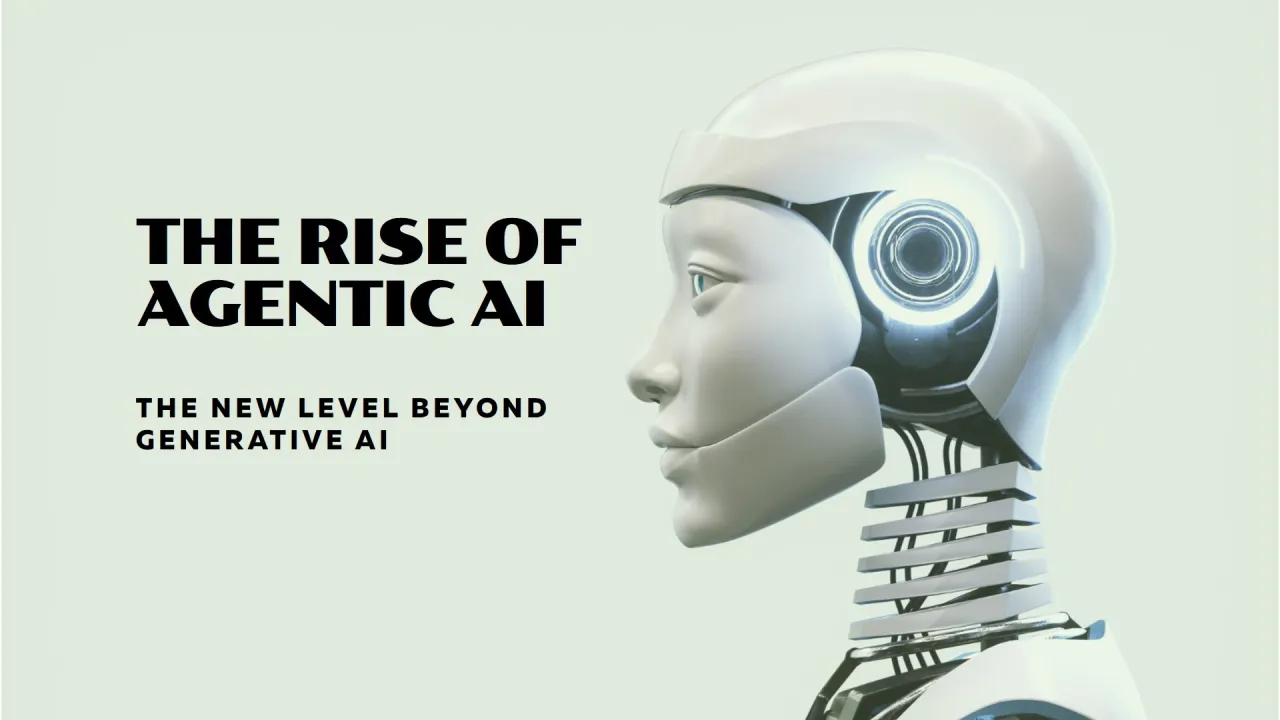Artificial Intelligence has entered a new chapter. Recent trends show we’re moving beyond systems that just respond to queries or follow fixed rules, toward what’s called agentic AI — AI that can take initiative, make decisions, and act with a degree of autonomy.
What is Agentic AI?
Agentic AI refers to software agents that don’t require constant oversight; they can perceive their environment, decide on an action, and execute tasks, adjusting along the way. Think of an AI that manages supply chain logistics, monitors conditions, pivots when something unexpected happens, and informs you only when human intervention is required
Why It Matters Now
- Efficiency Gains: Instead of humans responding reactively, agentic AI helps to automate many of the “middle-man” decisions. That can save time and reduce errors.
- Scalability: As systems grow more complex (many sensors, many data sources, etc.), manually supervising every node or every decision becomes infeasible. Agentic AI scales better.
- Innovation in New Sectors: Healthcare, finance, logistics, environmental monitoring — these are fields where unexpected events happen often. Agentic AI can help anticipate or react intelligently.
Challenges & Considerations
- Trust & Explainability: When an AI decides on its own, people want to know why. Explainable AI (XAI) becomes essential.
- Safety and Accountability: Autonomous does not mean unchecked. If something goes wrong (e.g., a robot makes a bad decision, or an AI agent misallocates resources), who is responsible?
- Ethics & Bias: Just as with any AI, if the training data is biased, the agentic system could act in discriminatory ways.
- Regulation: Laws generally lag behind technological innovation. How to regulate autonomous systems, especially in sensitive sectors like medical or legal, is an open question.
Real-World Applications
- Customer Support: Beyond chatbots, imagine support agents that can proactively detect issues (e.g., a delayed shipment) and reach out to users before they complain.
- Industry/Logistics: Agents that reroute supply chains, monitor sensor data, and optimize resource allocation in real time.
- Smart Infrastructure / IoT: Devices which can “decide” when to reduce energy usage, when to send data to cloud vs process locally, etc.
Future Outlook
Deep investment is happening already. Big tech companies and research institutions are pushing agentic models. As computation becomes cheaper and data flows increase (especially from IoT or edge devices), agentic AI will become more reliable, more applied, and more trusted. For organizations that adopt early, there’s opportunity; for those that delay, risk of being left behind.

